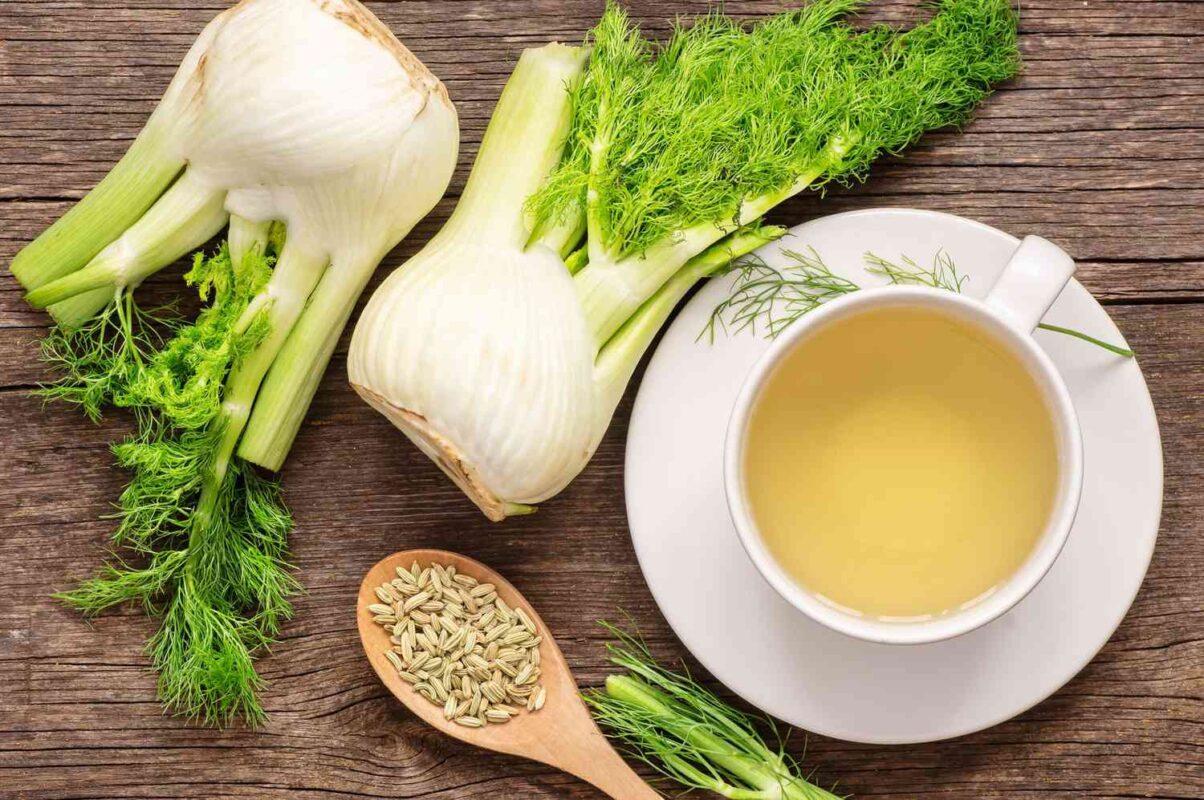Fennel Seeds, the Natural Source of Fiber

Fennel (Foeniculum vulgare) is a highly aromatic and flavorful plant that belongs to the Apiaceae family, which includes parsley, celery, and carrots. Fennel is native to the Mediterranean region and has been widely used in culinary and traditional medicine systems for centuries.
BENEFITS OF FENNEL SEEDS
✓ Natural source of fiber
✓ Rich in essential oils and antioxidants
✓ Aid in digestion
✓ Help relieve bloating and gas
✓ Support respiratory and menstrual health
What are fennel seeds?
The plant produces feathery leaves and yellow flowers, and its seeds—technically the fruit of the plant—are small, oval, and greenish-brown. These seeds have a licorice-like flavor and are commonly used as a spice in cooking and herbal teas.

Fennel is native to the Mediterranean, now grown worldwide
Traditionally cultivated in Southern Europe and Western Asia, fennel has become a global crop thanks to its diverse culinary and medicinal benefits. It has been used since ancient times by civilizations such as the Greeks, Romans, and Egyptians for its healing properties.
Historically, fennel was recommended for digestive problems, to freshen breath, and even to enhance eyesight. The seeds, in particular, have been prized for their ability to ease bloating, support respiratory function, and reduce menstrual discomfort.
Today, fennel seeds are recognized as a functional food—rich in nutrients and bioactive compounds that offer health-promoting benefits. They are often grouped with superfoods like flaxseeds and caraway seeds for their therapeutic potential.

Nutritional Composition
Vitamins: Vitamin A, C, and several B-complex vitamins
Minerals and trace elements: potassium, magnesium, calcium, iron
Fiber
Proteins
Carbohydrates
Fatty acids: oleic acid, linoleic acid
Essential oils: anethole, fenchone, estragole
Antioxidant actives: flavonoids, phenolic compounds, tannins
The Benefits of Fennel Seeds
♻️ Source of Fiber
Fennel seeds are a good source of dietary fiber. Just one tablespoon provides around 2 grams of fiber, which aids in digestion and promotes healthy bowel movements. Regular fiber intake helps maintain intestinal health, supports detoxification, and may help with weight management by increasing satiety.
In people with type II diabetes, fiber helps slow the absorption of sugar in the digestive tract, thereby helping to regulate blood sugar levels and prevent sudden spikes.
Fiber from fennel seeds can also support heart health by reducing levels of LDL cholesterol ("bad cholesterol") in the blood.
Rich in Essential Oils and Antioxidants
Fennel seeds are rich in volatile compounds, particularly anethole, which gives them their sweet, licorice-like aroma. These oils have potent antioxidant and anti-inflammatory effects, helping to protect cells from damage and reduce inflammation in the body.
Flavonoids and phenolic compounds found in fennel seeds also contribute to their antioxidant activity, which supports overall health and may help reduce the risk of chronic diseases.
